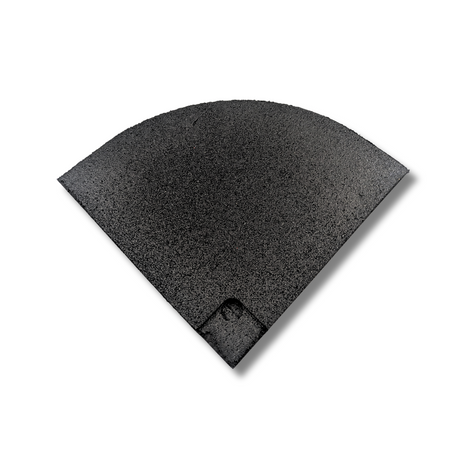Transcription:
Picture this — Boston, 1980. The crowd's electric, the finish line in sight… and then bam. A woman no one had really seen all race bursts out of the crowd and wins the Boston Marathon in first place. Sweat-free and fresh as a daisy. Who was she?
I'm Lawrence, and you're listening to Sporting Lore, brought to you from the team at Sprung, where we dive deep into the myths, legends, and jaw-dropping twists of the sports world.
Today: the baffling case of Rosie Ruiz, the woman who almost got away with faking a marathon victory.
Let’s start at the beginning. It's the end of the Boston Marathon. Rosie Ruiz breaks through the crowd and crosses the finish line. Everyone’s stunned. She doesn’t look like someone who’s just conquered 26.2 miles — more like she finished a light jog around the block. As cameras zoom in and microphones are thrust toward her, she’s all smiles.
Then things start to unravel.
Reporters ask about her training, her race strategy — and her answers are off. Really off. She fumbles basic running concepts. It’s not long before whispers begin: something isn’t right.
Now let’s talk about the real runners. Jacqueline Gareau, the actual front-runner that year, is trying to make sense of this in real time. Imagine training for months, grinding out the marathon — and then someone completely off your radar snags the win. Confusion. Disbelief.
The runners knew something was up.
Soon, the stories started rolling in. Eyewitnesses claimed Rosie wasn’t running — she was on the subway. Yep. Mid-marathon. Instead of tackling Heartbreak Hill, she might’ve been riding with commuters underground.
Checkpoint photos didn’t lie either. At key points along the course, where every serious runner was photographed, Rosie was MIA. Completely absent — as if she’d teleported to the finish line.
Red Flag City.
Boston Marathon officials, along with a hungry press corps, launched an investigation. Spectators were interviewed. Timelines reconstructed. Routes retraced. They looked at split times. Compared witness accounts.
The puzzle pieces began to fit — or rather, fall apart.
Eventually, the truth came out. Rosie Ruiz hadn’t run the whole race. She was disqualified. Jacqueline Gareau was declared the rightful winner. But the moment? It had already been stolen.
Gareau didn’t get the victorious rush, the roar of the crowd, the finish line glory. And no ruling could give it back.
For other runners, it wasn’t just about one cheater. It felt like the entire race had been compromised. The spirit of fair play had taken a hit.
But here’s the twist.
Rosie’s scandal changed the game. It led to more rigorous tracking, more checkpoints, better timing systems — and new rules to guard against fraud.
Her deception ironically helped protect the integrity of future races.
Even today, her name is shorthand for cheating in sport. Whenever integrity is discussed, Rosie Ruiz inevitably comes up. Her story is a symbol of why accountability matters. Why cutting corners has consequences. Why sports must stand on a foundation of trust.
That’s it for today’s episode of Sporting Lore, brought to you from the team at Sprung. I’m Lawrence.
Thanks for taking this wild ride through one of the strangest chapters in marathon history. Please remember to like the video and subscribe to the channel.
Until next time — stay curious, stay honest.





























